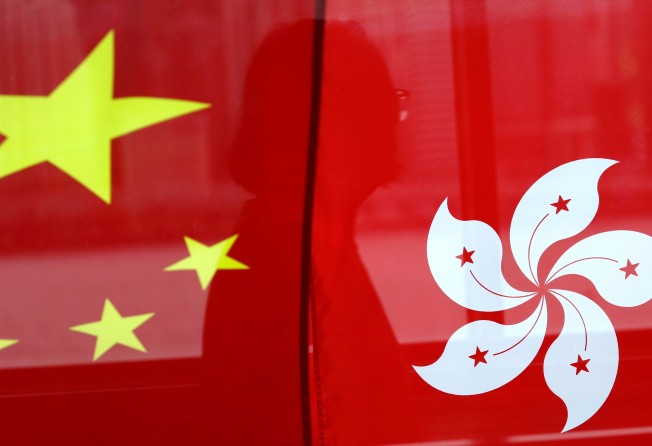Honour promises in Joint Declaration
What is important is not so much the legal status of the treaty, but the need for its promises – now entrenched in the Basic Law – to continue to be honoured

Hong Kong’s return to China 20 years ago was triggered by an extraordinary legal document. The Joint Declaration, sealed by China and Britain in 1984, provided a vision of Hong Kong that remains largely accurate today. The treaty set out the core principles of the “one country, two systems” concept, establishing China’s sovereignty over the city from July 1, 1997. It also provided reassurance for Hong Kong people, promising the city a high degree of autonomy, protection of rights and freedoms, a continuation of capitalism and an unchanged way of life for 50 years.
The agreement, which includes a detailed annex, covered a wide variety of issues, from governance, to the economy, the legal system, and the city’s status as a financial centre.
There is no doubting the historic importance of the Joint Declaration. It formed the basis for the Basic Law, the city’s de facto constitution, and there is much overlap between the two documents. But there has been debate about the status and relevance of the treaty since the handover. China has played down its significance, arguing that its obligations under the treaty were met once the Basic Law came into force.
In 2014, amid a British parliamentary inquiry into whether Beijing had complied with the Joint Declaration, a senior Chinese diplomat described it as “void”. And on the eve of the 20th anniversary of the handover, a Chinese foreign ministry spokesman said the treaty was a “historical document that no longer has any realistic meaning”.
Britain’s position, however, is that it has an ongoing responsibility to ensure the treaty is implemented. Given the controversy, Beijing’s confirmation last week that it considers the treaty to be legally binding is welcome. That view is consistent with international law. However, the treaty now has little practical effect. There is not much Britain could or would do should the treaty be breached by Beijing, beyond expressing concern. Realistically, any notion that Britain could sweep in and intervene in Hong Kong affairs is misplaced. What is important, however, is not so much the legal status of the Joint Declaration, but the need for its promises – now entrenched in the Basic Law – to continue to be honoured.